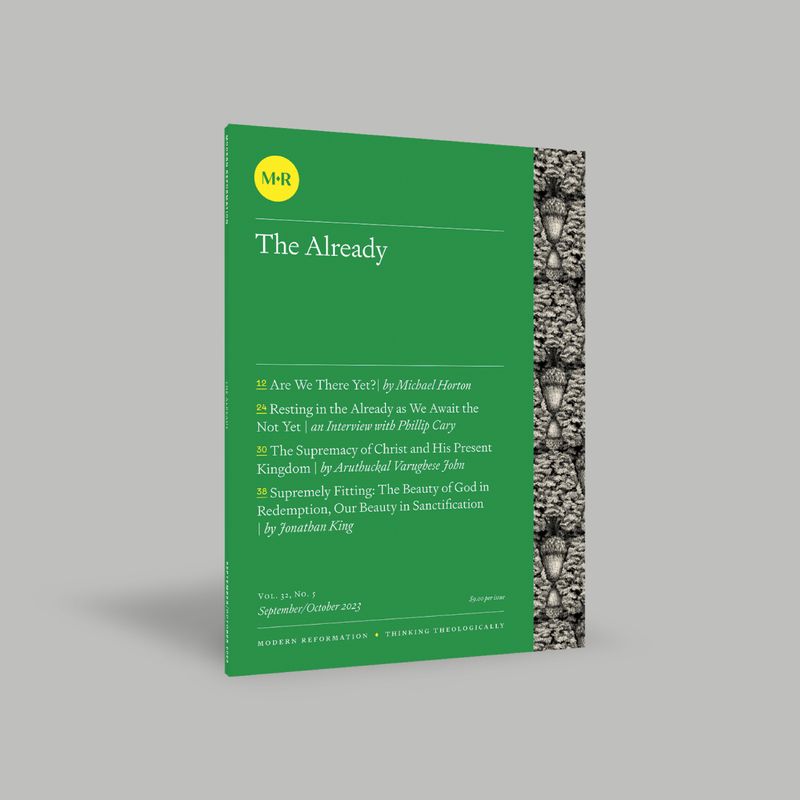Many Modern Reformation readers are familiar with the theological language of the “already” versus the “not yet.” When the authors of the Bible described salvation, they portrayed it as a foretaste of a redemption we will fully receive at the final judgment and consummation of all things. Ever since God promised that the Seed of the woman would crush the Serpent’s head to liberate humanity from bondage to sin and death (Gen. 3:15), God’s people have been saved through faith in Jesus. As written in Hebrews 11:13, everyone who has ever believed in Jesus the Seed has truly been saved. But before he came, they didn’t yet have the revealed fulfilment of the mystery; they “all died in faith, not having received the things promised, but having seen them and greeted them from afar.”
The resurrection of Jesus marked the in-history and in-person arrival of the fulfilment of God’s promise to his people. His resurrection, however, also revealed something even more astonishing: the undying, embodied splendor that all who belong to him will enjoy upon his second arrival at the end of the age.
You might think that Jesus showing up to fulfill God’s promises and usher in the beginnings of glory would have diminished the tension of the already/not-yet situation. But if anything, present anticipation of the final fulfillment of redemption becomes even more pronounced in the New Testament. There, the authors recognized that Jesus is the world’s perfect, once-for-all sacrifice but that we still await all things being openly subjected to him as the world’s rightful king (and to us as coheirs of the kingdom with him, Heb. 2:7–9). They recognized Pentecost as the living power of the age to come poured out by the risen Jesus breaking into the present age, the day of salvation previewing the day of the Lord prophesied by Joel (Acts 2:14–21, quoting Joel 2:32). When we believe the good news of Jesus, the same Spirit poured out at Pentecost becomes the living, powerful deposit within each of us guaranteeing our personal share in the riches of glory inherited by the saints (Eph. 1:14).
If you aren’t familiar with the language of the already and not yet, you’re certainly familiar with the reality of what this means as we live in this tension every day. In this time between Christ’s first and second comings, it’s easy to feel like we hear “Not yet!” from God a lot more than we hear “Already!” More spiritual hunger than satisfaction. More anticipation than experience.
While it’s true that the not-yet reality will be far better than we can imagine, this doesn’t mean that our Lord has left us with mere crumbs here and now. A foretaste would hardly be a foretaste if it wasn’t a small but genuine morsel of the true feast! Firstfruits aren’t the whole harvest, but they’re also not something else entirely. That’s why in this issue of Modern Reformation, we’re focusing on “The Already.”
In Jesus, we are already dead and raised. Every Lord’s Day, we enter into the heavenly throne room—and in the Supper, we taste the eternal feast. Throughout the week, we groan along with the rest of creation in anticipation of the revealing of the sons and daughters of God on the Last Day. We don’t need to downplay our future blessings in heaven in order to emphasize our current blessings in Christ. Indeed, they are one and the same—blessings to which we are now fully entitled and which we will then fully enjoy.







